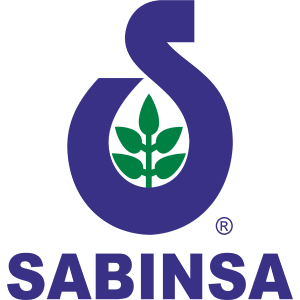Effects on cholesterol metabolism1 and antioxidant effects that prevent the oxidation of LDL-cholesterol, are reported to be responsible for its healthful effects.8
In vitro studies reveal that policosanol may inhibit cholesterol synthesis in the liver but is not likely to directly inhibit the hydroxy-methylglutaryl-coenzyme A reductase (which is the mechanism of action of statins).1 Animal studies suggest that LDL break down may be enhanced, but the precise mechanism of action is not understood yet.
Statin drugs were observed to have life-threatening side effects in some individuals, resulting in the withdrawal of some leading brands from the marketplace. Natural agents that offer nutritional support to cholesterol management are therefore much in demand.
At doses of 10 to 20 mg per day, policosanol was found to lower total cholesterol by 17% to 21% and low-density lipoprotein (LDL) cholesterol by 21% to 29% and raise high-density lipoprotein cholesterol by 8% to 15%. (Reviewed in ref 1)
Daily doses of 10 mg of policosanol were shown to be equally effective in lowering total or LDL cholesterol as the same dose of simvastatin or pravastatin. Triglyceride levels were not found to be influenced by policosanol. Policosanol has additional beneficial properties such as effects on smooth muscle cell proliferation, platelet aggregation, and LDL peroxidation. Data on efficacy determined by clinical end points such as rates of cardiac events or cardiac mortality are lacking.
Policosanol was found to effectively lower platelet aggregation with efficacy comparable to aspirin at a dose level of 20 mg. Additionally, the combination of Policosanol, and aspirin was found to be even more efficacious.9
At dosages of up to 20 mg per day, policosanol is reported to be safe and well tolerated, even in long-term studies (> three years). 1
References
- Am Heart J 143(2): 356-65
- Biol. Res. 27:199-203.
- Biol. Res. 29:253-257.
- Pharmacol. Res. 34:181-185.
- J. Clin. Pharmacol. Res. 16:67-72.
- Prostaglandins Leuko. Essent. Fatty Acids 58(1):61-4.
- J.Angiology (2003) .54(1):25-38
- 8. Br J Clin Pharmacol. 2000 Sep;50(3):255-62.
- Pharmacol Res 36(4):293-7.








